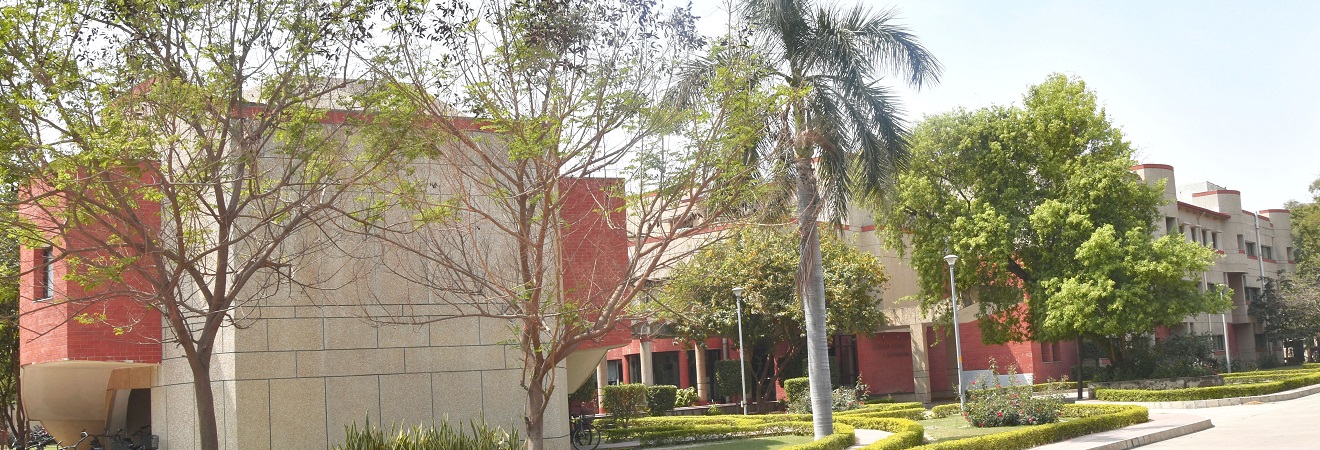 Hamim Zafar, Assistant Professor
Hamim Zafar, Assistant Professor
This email address is being protected from spambots. You need JavaScript enabled to view it.
(91) 512-259-2054
Link to lab webpage
Dr. Hamim Zafar graduated from Jadavpur University, Kolkata in 2012 with a B.E. in Electronics and Telecommunication Engineering. Being inclined towards Computer Science, he joined the Ph.D. program in the Department of Computer Science at Rice University, Houston. At Rice University, he completed his M.S. in 2015 and Ph.D. in 2018 in the field of Computational Biology and Bioinformatics. He joined IIT Kanpur as a joint faculty between CSE and BSBE in September, 2018. He took a year-long break for a postdoctoral fellowship (Lane Fellowship) in the Computational Biology Department at Carnegie Mellon University, Pittsburgh, USA, and resumed his position at IIT Kanpur in late 2019.
Our research is focused on the design of scalable computational techniques backed by probabilistic modeling and statistical inference methods for understanding the biology of cancer and furthering the knowledge about single-cell biology. Our research interests lie at the intersection of novel computational innovations and applications in biology and draw upon ideas from probabilistic graphical models, statistical inference, mathematical models, genomics-transcriptomics, evolution and cancer biology.
Cancer emerges from a single cell in the somatic tissue and is driven by a complex interplay of cell division, somatic mutations and selection that produces a tumor composed of genetically heterogeneous subpopulations of cells with different complements of mutations. The heterogeneity within a tumor complicates the diagnosis and treatment of cancer patients and causes relapse and drug resistance. Recently emerged single-cell DNA sequencing technologies promise to resolve this heterogeneity by providing the highest-resolution of the mutational histories of cancer. Such technologies offer quantitative datasets that can have a profound impact on our understanding of diverse facets of cancer biology and genetics, from tumor initiation to late-stage metastasis. We develop novel computational methods and probabilistic models for elucidating tumor heterogeneity and evolution from single-cell DNA sequencing data.
The other area of interest is the computational analysis of large-scale transcriptomic datasets. We are interested in developing novel computational techniques for utilizing single-cell RNA sequencing data for the identification of novel cell types, states and identities, inference of gene regulatory networks, study of gene expression pattern and understanding the role of tumor microenvironments in cancer progression and drug resistance.

